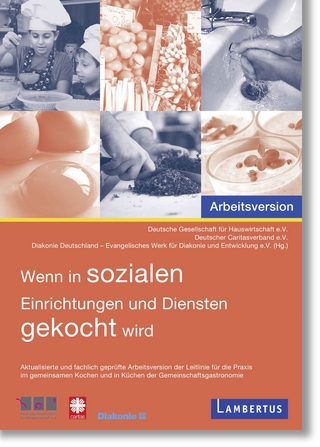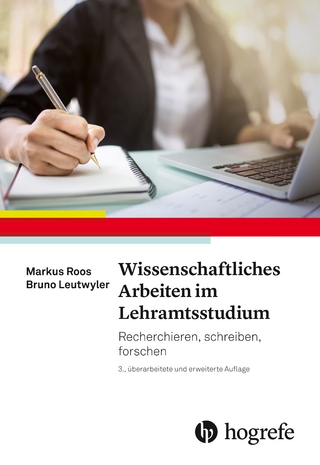What Does "Academic" Mean? – Two Essays on the Chances of the University Today
St Augustine's Press (Verlag)
978-1-58731-932-7 (ISBN)
Josef Pieper is considered the greatest Thomist philosopher of the twentieth century, and is the author of many work in philosophy and theology. St. Augustine’s Press has published over thirteen of his works thus far.
CONTENTS Introduction by James V. Schall, S.J. WHAT DOES “ACADEMIC” MEAN? I A Western concept Philosophical means theoretical Destruction through being pressed into service “The exclusive property of the gods” The “worker” and the sophist Separation from “the many” II Purity of theory The philosophiser and “the ancients” New rootedness in cult? OPENNESS FOR THE TOTALITY OF THINGS Experiences behind institutions Spirit as receptivity to the totality of the world The role of the sciences Philosophy as the centre of the university Openness to every conceivable aspect Openness to “disputations” Notes Index
| Erscheint lt. Verlag | 20.8.2015 |
|---|---|
| Verlagsort | Indiana |
| Sprache | englisch |
| Maße | 140 x 237 mm |
| Gewicht | 202 g |
| Themenwelt | Geisteswissenschaften ► Philosophie |
| Sozialwissenschaften ► Pädagogik ► Allgemeines / Lexika | |
| Sozialwissenschaften ► Pädagogik ► Bildungstheorie | |
| ISBN-10 | 1-58731-932-2 / 1587319322 |
| ISBN-13 | 978-1-58731-932-7 / 9781587319327 |
| Zustand | Neuware |
| Haben Sie eine Frage zum Produkt? |
aus dem Bereich




